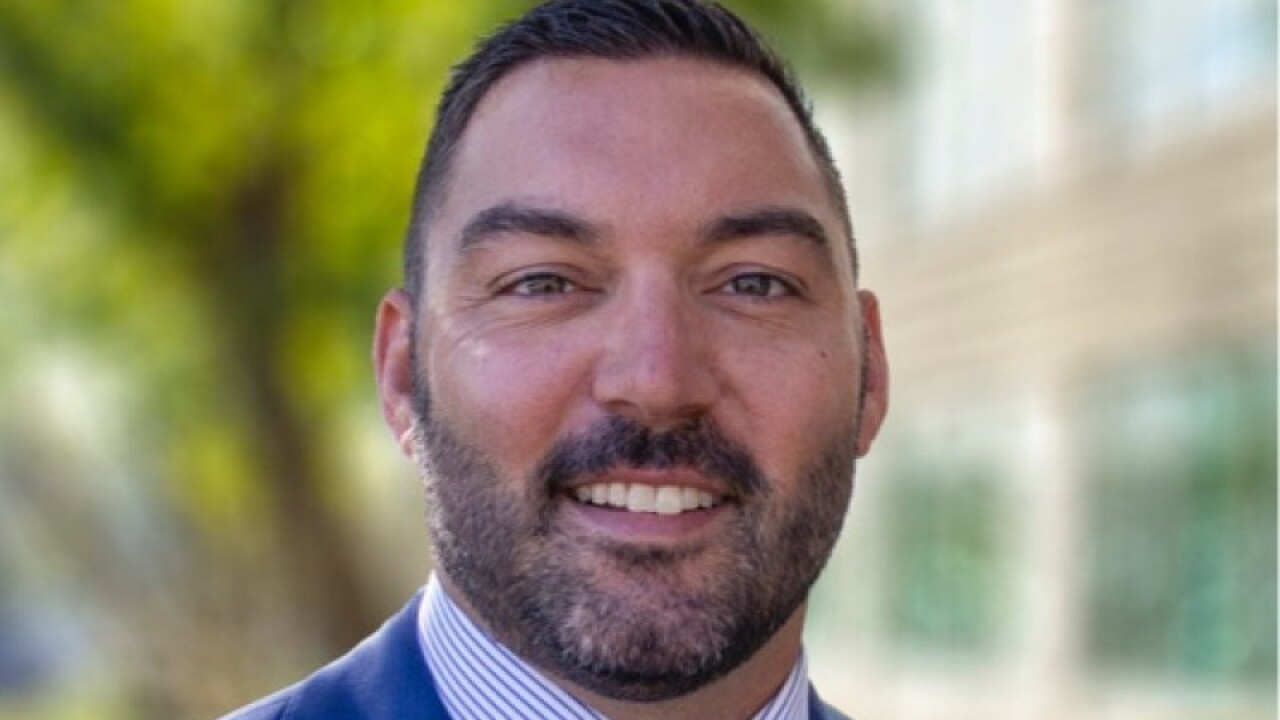Glenmede Trust's office in New York has helped provide a quick asset boost in the wake of the market crash.
The Philadelphia firm has added about $2 billion to its assets under management since the end of 2008, for a total of $18 billion. Its New York office, which opened in February, has been "a significant contributor" to the growth, according to Glenmede's president and chief executive, Gordon Fowler.
Glenmede's independent, privately owned status has proven a drawing card for potential clients and employees — in New York and elsewhere — Fowler said. "Basically, the turmoil that occurred in the banking industry didn't affect us," he said.
Emerging unscathed has also helped the 54-year-old Glenmede attract talent from companies that were more exposed to the unrest, Fowler said. The first employee announced for the New York office, last fall, was Glenn Switzer, a veteran of Bank of America's U.S. Trust unit. Switzer led a 16-person team and was responsible for more than $1 billion of client assets.
Independence is an important attribute for a trust company these days, but more so for attracting clients than employees, said Jerry Cooper, an adviser and client relationship manager at Advisors Institutional Services, a trust consultancy in Marshfield, Mass.
"I don't think the employees care whether a bank is connected or independent," he said. "Clients care; the implication is that independence means fair judgment and that they're not going to be sold just proprietary products."
In announcing the expansion into New York in the fall of 2009, Glenmede was bucking a trend, Fowler said.
"We were being good contrarians," he said. "We took the opportunity when the market was falling apart to — rather than slashing staff — go out and make investments in this area."
Glenmede , which has six locations, has been gradually adding personnel in recent months, but there are no plans to open more offices, Fowler said. Glenmede remains wary of fast expansion that might compromise its level of client service, he said.
While Glenmede may not have aggressive growth plans, however, that doesn't mean it's stodgy. For example, Glenmede prides itself on its sometimes contrarian investing, Fowler said. A recent example is its use of a secured option strategy, which involves writing covered calls on top of an index.
High demand for downside protection has inflated the prices of puts and calls, Fowler said. "The flip side is, you get a big premium for writing a call, and by holding an index with a call written on top of it, you're giving up some upside but capturing this very large premium."
That is not the first example of being thoughtfully innovative, said Fowler, who is also Glenmede's chief investment officer. In the wake of the 2008 debacle, Glenmede quickly moved to buy secondary offerings in the private-equity market.
"There were a lot of distressed sellers who were willing to sell their investments at 50 or 60 cents on the dollar," Fowler said.
The investments added a quick lift for the larger, sophisticated clients for whom they are suitable, he said.
"The skill of finding and valuing those investments is relatively rare," Fowler said. "It also requires being somewhat of a contrarian, because it allows you to catch opportunities others miss."
Glenmede was founded to manage charitable trust assets for the Pew family. Because of its origins, it must maintain a balance between somewhat contradictory demands, Fowler said. The Pew family envisioned Glenmede as a firm that would last in perpetuity in order to manage their charitable interests.
That created the need for a high degree of organizational stability, Fowler said. "Our clients look for stable personal relationships, just as they might have with a doctor or lawyer," he said. "To have a lot of turmoil in the firm prevents that from happening."
Yet to survive over the long term, Glenmede has "periodically reinvented itself," Fowler said.
Over the years, it has evolved from managing a few large-cap stocks to offering a broad array of equities, fixed-income and alternative investments; products from outside providers are offered alongside those managed in-house.
About two-thirds of Glenmede's clientele are high-net-worth families, and the other third consists of endowments and foundations.





